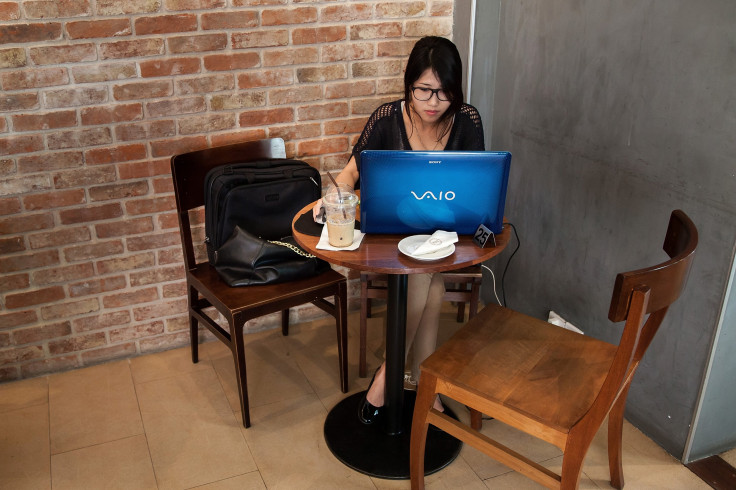Startup Company Aims At Solving Customer Complaints

Correction: A Jan. 1 version of this article incorrectly stated that Service currently has four employees. The correct number of employees that Service has is eleven. The story was corrected accordingly on Jan. 5 at 3:53 p.m. EST.
A technology startup company in Los Angeles aims at resolving customer complaints by negotiating a settlement with the company, the Financial Times reported Friday. Service has raised just under $4 million in seed funding from Founders Fund, a venture capital firm in San Francisco, and processes over 100 requests per day.
“My goal is to go to these companies and say, not only are we saving you money by having people not call your call center, but we are saving your branding by preventing the angry Twitter storm or the one-star TripAdvisor review,” said Michael Schneider, founder of Service, the Financial Times reported.
Service asks customers to fill out a form on its website or app, and has claimed that it recovers a little less than $300 on average for customers. The company deals largely with complaints directed toward the travel sector, specifically with airline delays, cancellations and lost luggage, according to Schneider. Right now the service is free, but Schneider said the company had planned to eventually make money by charging either the company or offending company.
The Service app is live on iOS. Solving your customer service issues- fast, easy, and free. https://t.co/3g50rwlWeI pic.twitter.com/Mn9ZLr3QQ2
— service. (@service) December 17, 2015
The company has agreements with massive companies including Uber and Ticketmaster. Service has gotten nonrefundable airline tickets refunded, delivery fees waived on late deliveries, appointment times prioritized, credits when bad service was provided at restaurants, according to its website. The company, however, does not guarantee results.
"We aren't on the customer's side and we aren't on the business' side — we are a helpful, neutral third party that wants to find equitable resolution for issues that come up," according to Service's website.
Service currently has only eleven employees, and Schneider said the goal is to eventually get software to do most of the work.
“Every time we solve a case, the software gets a bit smarter. The first time we called British Airways we had no idea what we were doing,” Schneider told the Financial Times. “Now we have mapped most large companies so we know the quickest way to resolve problems. Some companies are easy, some are more difficult.”
© Copyright IBTimes 2025. All rights reserved.





















